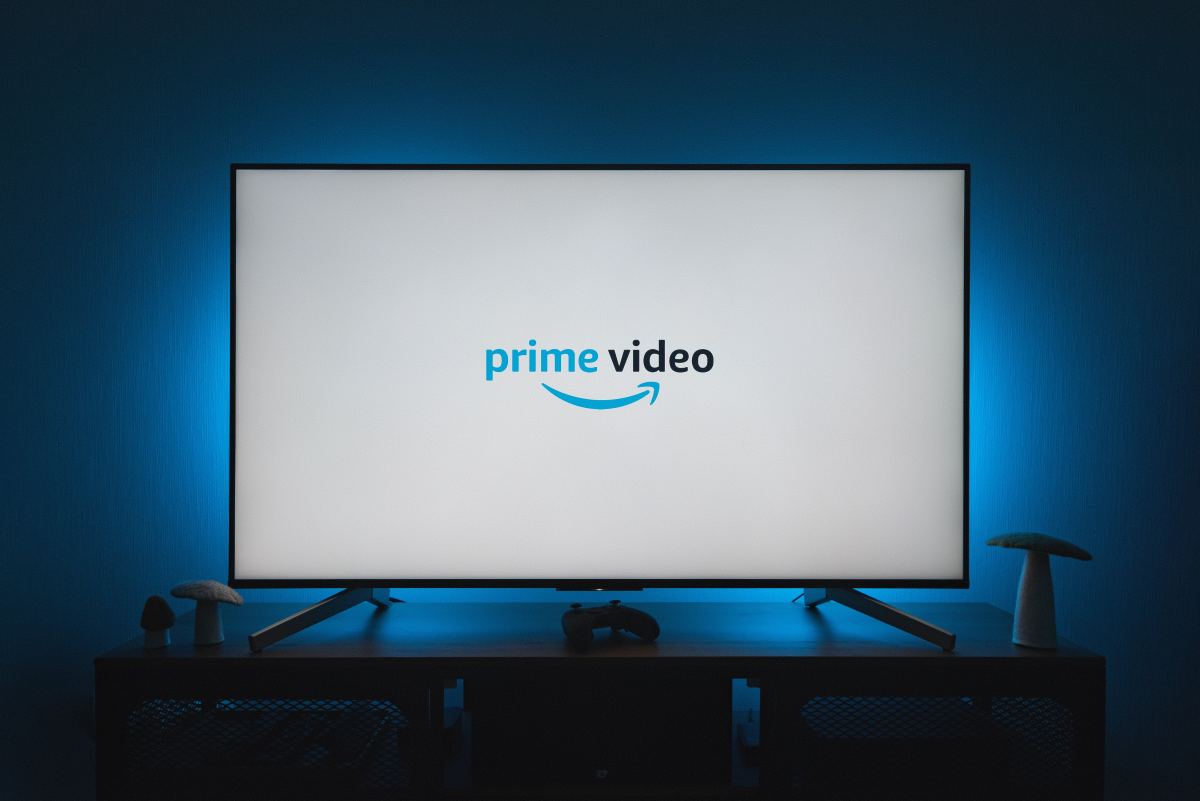Tips for Job Hunting - Finding the Right Job for You

Job Hunting
It's that time again. For whatever reason you're looking for a new job. You just moved. You left your old job. They asked you to leave. You were ready for a new opportunity. It doesn't matter why you're looking for a new job now. You're starting over and it can feel overwhelming and frustrating. If you just moved to a new city where you don't have any contacts it can especially feel like you're starting completely over. That may be true, but it doesn't destine your job search to despair. There are some practical steps you can take to get a grasp on what you want in a job and the best ways to get there. It starts with some thinking and planning before you even begin hitting "apply" jobs. Here are some steps to help you get started.

1. What's Your Goal?
If you've read my article about starting to plan your wedding, you know I'm a big advocate for Stephen Covey's concept of "beginning with the end in mind." You don't just want to find a job for the sake of having a job; you want to get a job where you will thrive and be able to meet your career goals. You need to ask yourself questions like these:
- How quickly do I need a job? Are your saving funds dwindling quickly or are you living on credit? Do you have enough saved to allow some flexibility? If you need a job immediately, consider applying to jobs you are certain you will be offered (though they most likely aren't your dream job) in order to avoid debt. Living debt free keeps you from starting a cycle of living paycheck to paycheck or starting off in a ditch when you finally do find your dream job. Even if a job is part-time, you can live simply and still dedicate hours to applying and interviewing. If you have more flexibility due to savings or some other income source, don't feel the pressure to take the first job you're offered. Look for the one you really want. You need to assess what timing is best for you though. It's possible you are flexible for a month, but then will need to have a job, regardless of if you will continue to look or not.
- How much do I need to make? This isn't a bad thing to assess and know. Make a budget. Write out all of your expenses and leave room for categories like spending, saving, or covering incidentals. You will have incidentals every month. Do you have saving or investing goals? You'll need to take those into account when making a budget. Know what you need to make and that will not only help you narrow the type of job you need, but it will also give you an answer to everyone's favorite question employees ask, "What salary range are you looking for?" If you've made a budget, you can answer this question confidently. You are adding value to the company. It's right for you to be paid for it. A former employer and now friend once told me that he looks for people to answer that question confidently. It shows you know your service is valuable. Don't be afraid to ask for a little bit more than what your budget shows you need so you have room to negotiate.
- How long am I going to be in this city? If you're only there for a year or two, it will change the nature of the job you may want. Are you looking to climb a corporate ladder while you settle there or looking for something that gives you flexibility with your time? It's important to know this beforehand to have clear expectations for yourself and to be honest with your possible employers.
- What am I good at? How do I thrive? While we are talking about adding value, working in your strengths is going to bring the greatest value. What are you interested in? What are you passionate about? What is your education background? Where have you succeeded in the past? If you don't have much experience yet, that's ok. Focus on your education, drive, and passions. One of the most valuable characteristics of an employee is the ability to learn be adaptable. If you can show you are willing to do that, it will make you more desirable to hire. Also, if you're enjoying your work, you are going to do a better job, making your employer more pleased they hired you. Knowing these answers will also help you craft an objective you can put on your resume as well as give you a good way to answer questions in any interviews.
Asking these questions will help you narrow on types of jobs and positions to look for as well as prepare you for the next few steps. Now that you have your purpose and goal for finding a job, you can move onto the next step.

2. Update Your Resume and Social/Professional Networks
We live in the world of technology. Not only will you want to make sure your resume reflects your goals and depicts your assets well, but you will also want to make sure your social and professional network sites are up to speed. Depending on your level of education, the type of job you are looking for, and what style shows off your achievements or experience best, you will need to pick a format for your resume. Be sure to include your contact information. There are plenty of sites that will help you with step by step processes in building your resume. The main thing you will want to be sure of is that it is the best format to put your best foot forward. For example, if you don't have any experience yet, don't choose a format that lists out previous experience. Choose a format instead that lists your capabilities and education. If you graduated from high school ten years ago, don't include high school involvement. You need to show your most recent achievements, experience, and involvement. Listing something from that long ago will make it appear as though you have not been active in involvement since then. Also, be sure your resume is only one page long. You're going to lose attention spans if it's more than one page.
Employers often check your social and professional networks, such as LinkedIn, Facebook, Twitter, Instagram, etc. Be sure these reflect the image you want to portray. Update your LinkedIn account (if you have one) to match your resume. That way if an employer checks it they won't be confused by information that doesn't line up.

3. Network
This can be tricky if you just moved to a new city. Let's start if you're looking in a city where you currently live or are well connected.
Think through people you know that are in business or are well connected. Even if they are not a possible employer themselves, can they refer you to others to contact? Many jobs are found through connections and many job postings never make it to an online search engine because a friend of a colleague was recommended from a lunch conversation (you get the point - connections can be extremely valuable). Send out those emails with your resume attached and let them know they have your permission to send it to others. This is where having your contact information on your resume is key.
If you are looking for a job in a new city where you have no connections, it can take more initiative on your part. It can still be done, but will take more effort. Depending on how much time you are allowing yourself in between jobs, you can begin to build a network first or you can begin building a network and job hunting at the same time. Look for community events. Be intentional when you meet people. For example, if you are looking for new providers for financial services or insurance, explain to them you are new to the city and looking for a job. Always have your resumes on file (yes, even hard copies) to leave with people. Look for networking forums and events that you can attend. Join clubs or networks. Get involved with community events. Utilize LinkedIn. If you are looking for interviews, ask if you can meet with someone regardless of if it's an interview or not. You can begin to build relationships with people through job searching. If someone replies that they have no job listings, thank them for their time and ask for two references of who they would suggest you contact for positions.

4. Apply, Apply, Apply!
Now that you have the direction of your job search, your supplies and resources to give to employers, and the relational connects, it's time to apply for jobs. In addition to getting leads through your new/existing contacts, you can also search online. There are countless job search engines where you can upload your resume and make it available for viewing. You can narrow searches by pay, position title, miles within your home, date posted, etc. Use multiple of these engines. Most of them are free! Find the local newspaper's website and look for jobs listed there. Keep in mind that it may take some time to fill out the applications since many of them will require additional information than just your resume and cover letter. Have your references ready to list (ask for permission to list these people so they are not surprised - they are likely to give you a better reference if you asked for their permission) and a few hours to dedicate to filling out applications. It's been said that "looking for a full-time job is a full-time job." If you don't keep that in mind while looking, it's easy to become frustrated with the time you are putting into the search.
Make a list of the places where you apply so you can follow-up with them. Be sure to note the date you take what action, any contact information you have for them, notes so you remember details about the job, and make an action plan for how to follow-up. Can you visit their office in person? Can you call or email them? Proper follow-up can get an employer's attention that you are disciplined, organized, and an initiator.
Don't be discouraged if you don't hear back from your contacts immediately. Many of their hiring processes can be lengthy. Make a goal for how many places you want to apply each day and keep going. Be forward (but not annoying) in trying to schedule interviews but also patient so you don't bug them until they just say no.
As you set up interviews, be sure you properly prepare for them. Go over your resume. Look up common questions to interviews and practice your answers, and make your answers genuine. They are more likely to hire you for your genuine passion for something rather than just telling them what you think they want to hear. Show up early to each interview and dress for the position a little bit higher than the one you are interviewing for. You may feel overdressed in the meeting, but it's better to be overdressed than underdressed. Don't chance it. Take something to write on and with to show you are interested in learning about them as well. If you've looked at their website or job listing and have questions about it it will show you did some homework and care about the position. Be relaxed and be yourself. Not only are they assessing you, but you are also assessing them if you want to the position or not. Be sure to follow-up each interview with an email or mailed letter thanking them for their time and assuring them of your interest in the position.








